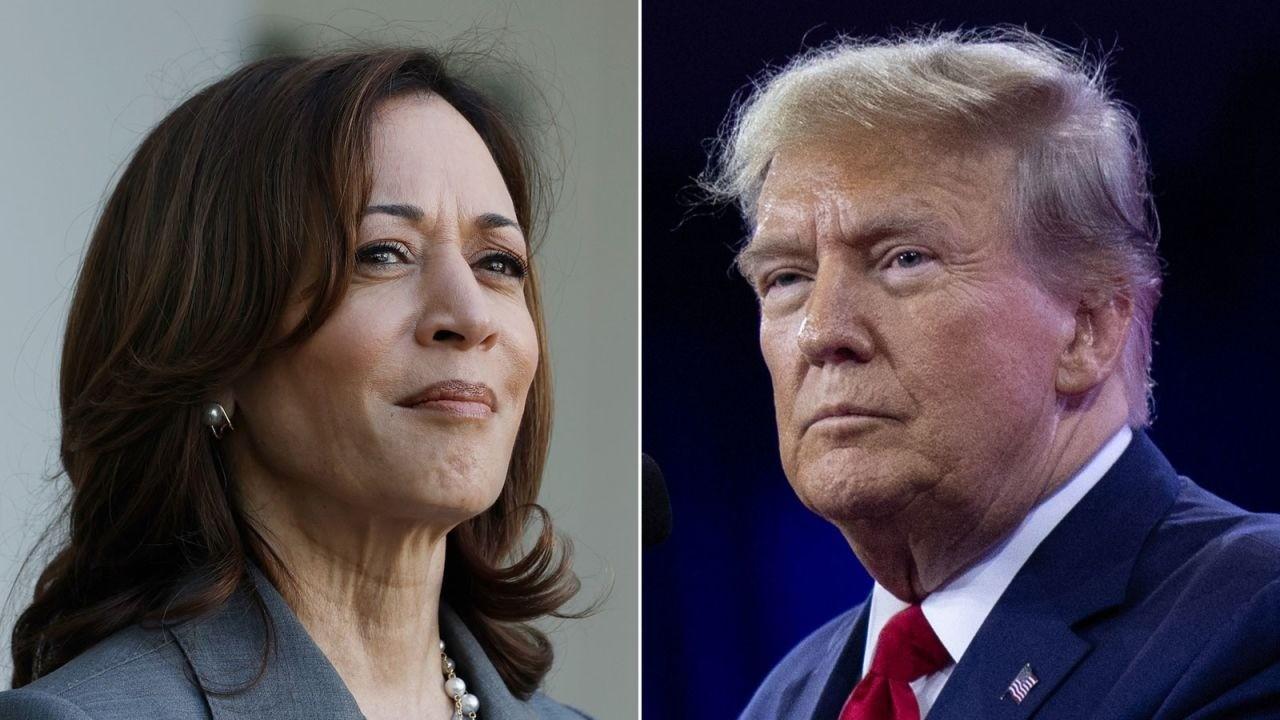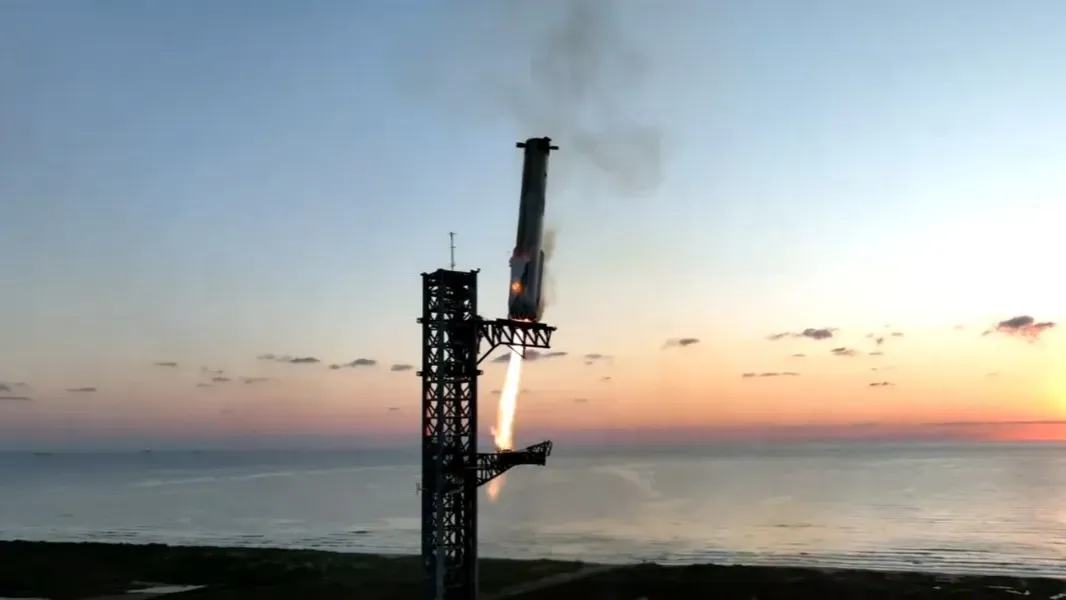Waiting for the US election. Waiting to see how long it’ll take to learn who wins. Waiting for the media hysteria over voting irregularities, conspiracies, plots, deep states. Waiting for the lunatic fringe to feature on-air, their 15 minutes of fame. Waiting for the coming clickbait tsunami. Waiting to see if civil war erupts. Waiting to know whether we’ll maintain a split government or get a clean red sweep; odds favor the latter. Waiting to see how the yield curve responds to what comes next, now that bond yields are rising sharply even as the Fed cuts, or perhaps because. Waiting for the next rate cut. As the debt soars. Waiting to learn how far policy can go before the dollar cracks. Waiting for the day the market shows signs of losing faith, and for that historic surge in volatility. Waiting to see what happens to the $6.5trln sitting in money market funds. Where it flows, how sectors rotate. Waiting to see how the economy accelerates when all the election craziness ends. Waiting to see how crypto markets react when Bitcoin tests the old highs. Waiting for our next president to end the catastrophe in Ukraine; an estimated million have been killed or wounded. Was waiting for Israel to attack Iran in the window of opportunity before the election. And now that they just did, waiting for them to hit Tehran again. Waiting for Beijing to come up with yet another stimulus program now that the market doubts its resolve. Waiting for real signs that AI is meaningfully boosting productivity. Waiting for it to solve cancer, cold fusion, climate change, then every one of our remaining problems. Waiting to discover all the new problems that will emerge from the ether to fill a world devoid of old problems. Waiting for a glimpse of the historic opportunities that unfold along that path. But for the next week or so, just mostly waiting for the election.
Week-in-Review: Mon: Fed’s Kashkari, Logan and Schmid favor reducing rates at a slower pace. 11th Middle East visit for Blinken to push for cease-fire in Israel’s conflicts. India and China strike deal on disputed border. Moldova votes narrowly in favor of joining the EU. Israel attacks Hezbollah-linked financial institutions in Lebanon and arrests seven citizens accused of spying for Iran. US Leading index -0.5% (-0.3%e), S&P -0.2%; Tue: Trump accuses UK Labour party of interference in White House race. BoE’s Greene says Bank should plot ‘cautious and gradual’ rate path. Gensler warns $13tn in uninsured offshore accounts could threaten financial stability. IMF believes tariff surge would damage global growth. Richmond Fed Mfg Idx -14 (-15e). S&P -0.1%; Wed: Fed’s Beige Book shows little growth across most of the country. US existing home sales fall to lowest level since 2010. Putin hosts BRICS summit in Russia. ECB speakers dissent materially on rate path. Terrorist attack in facility belonging to Turkey’s state aerospace company in Ankara. US says North Korea sent 3,000 troops to Russia this month. US prepares $20bn loan to Ukraine backed by frozen Russian assets. Mexico considers sending Cuba fuel to aid blackout recovery. Labour admits funding travel to US but denies officials advised Harris campaign. BoC cuts by 0.5% point to 3.75%. US existing home sales MoM -1% (-0.5%e) / median home price +3% (+3.1%p), Eurozone Cons conf -12.5 as exp, South Korea GDP 1.5% (2.0%e), S&P -0.9%; Thur: ECB’s Wunsch said too early to consider 0.5% rate cuts. Jamie Dimon warns Europe’s rule makers against AI overregulation. Argentina receives $8.8bn in financing from World Bank and IDB. US leveraged loan sales hit a record close to $1tr this year. Money-market funds reached a record $6.51 trillion in assets. US Initial jobless claims 227k (242k e) / Cont claims 1897k (1875k e), Eurozone PMI mfg 45.9 (45.1e) / serv 51.2 (51.5e) / comp 49.7 as exp, UK PMI mfg 50.3 (51.5e) / serv 51.8 (52.4e) / comp 51.7 (52.5e), France Business Sentiment Idx 94 (95e), S&P +0.2%; Fri: US consumer sentiment hits 7-month high. Russia raises key rate to highest on record at 21%. Turkey detains 176 people in response to PKK attack. Zelenskyy condemns Russia’s ‘clear escalation’ as N Korean troops head to ‘combat zones’. Indonesia expresses intention to join BRICS. Japan general election to watch over the weekend. US Mich sent 70.5 (69.0e), Germany IFO Business Climate 86.5 (85.6e), Italy Cons conf 97.4 (98.5e), Eurozone M3 3.2% (2.9%e), US Durable goods orders -0.8% (-1.0%e), S&P flat; Sat: Israel launches attack on Iran (Tehran signals it will not retaliate), Japan snap election.
Weekly Close: S&P 500 -1.0% and VIX +2.30 at +20.33. Nikkei -2.7%, Shanghai +1.2%, Euro Stoxx -1.2%, Bovespa -0.5%, MSCI World -1.3%, and MSCI Emerging -1.8%. USD rose +3.3% vs Ethereum, +2.1% vs Russia, +1.9% vs Yen, +1.5% vs Australia, +1.1% vs Indonesia, +1.0% vs Sweden, +0.7% vs Sterling, +0.7% vs Canada, +0.7% vs Euro, +0.6% vs Mexico, +0.3% vs South Africa, +0.3% vs China, +0.3% vs Brazil, +0.1% vs Turkey, and flat vs India. USD fell -0.6% vs Chile, and -0.2% vs Bitcoin. Gold +0.9%, Silver +1.6%, Oil +4.5%, Copper -0.3%, Iron Ore +0.0%, Corn +2.6%. 10yr Breakevens (EU flat at 1.82%, US -1bps at 2.29%, JP +5bps at 1.30%, and UK +3bps at 3.51%). 2yr Notes +16bps at 4.11% and 10yr Notes +16bps at 4.24%.
2024 Year-to-Date Equity Index Close: Argentina +65.4% priced in US dollars (+101.4% priced in pesos), Taiwan +24.2% priced in US dollars (+30.2% priced in Taiwan dollars), NASDAQ +23.4% priced in US dollars, S&P 500 +21.8% priced in US dollars, HK +21.4% priced in US dollars (+20.8% priced in HK dollars), Malaysia +17.5% in dollars (+11.2% in ringgit), MSCI World +16.9% in dollars, South Africa +15.7% (+12%), Spain +14.2% (+16.9%), Germany +13.5% (+16.2%), Hungary +13.2% (+22.5%), Belgium +13.1% (+15.8%), Italy +11.9% (+14.6%), Netherlands +11.6% (+14.2%), Czech Republic +11.2% (+16.5%), Canada +11.1% (+16.7%), Singapore +10.7% (+10.9%), China +10.6% (+10.9%), India +10.1% (+11.3%), Russell +8.9% in dollars, Ireland +8.8% (+11.5%), Israel +8.8% (+14.1%), UK +8.5% (+6.7%), Philippines +7.3% (+13.4%), Euro Stoxx 50 +6.8% (+9.3%), Switzerland +6% (+9.4%), Norway +5.7% (+14.5%), Denmark +5.5% (+8.1%), Greece +5% (+7.5%), Japan +4.8% (+13.3%), Thailand +4.8% (+3.4%), Australia +4.7% (+8.2%), Indonesia +3.7% (+5.8%), Turkey +2.8% (+19.3%), Sweden +2.4% (+8.2%), New Zealand +2.4% (+8.5%), Austria +1.9% (+4.3%), Chile +1.2% (+9%), Poland +0.5% (+2.9%), Colombia -0.7% (+11.7%), Saudi Arabia -0.8% (-0.7%), Finland -2.9% (-0.6%), France -2.9% (-0.6%), UAE -3.9% (-3.9%), Portugal -8.6% (-6.4%), Korea -10% (-2.7%), Brazil -17.5% (-3.2%), Mexico -23.5% (-9.8%).
Lone Star: “Trump wins and US small caps scream higher,” said Lone Star, passing another couple Ivy’s in the annual performance league tables. “An immediate gap up and then 25% over the next few months,” continued the university endowment CIO from Texas. “Everyone knows how to win with the Trump trade because we’ve seen it once before.” Tariffs, domestic energy policy, deregulation, limited immigration. “He’ll kick out the FTC chair. The M&A markets that she’s frozen will open and we’ll see deals happen again. It’ll be great for private equity.”
Lone Star II: “Seems a good chance that Trump will get a red sweep if he wins,” said Lone Star. “But if Kamala pulls this off, it looks like the Senate will still flip red. And in that case, nothing big gets done - so markets are probably down but not big,” he said. “The FTC chair would remain, so that’s not great.” The SEC Chair stays too, and that hurts crypto for a quarter or two. “I thought Kamala had this, but the longer the race goes on and the more people get to know her, the less likely that looks,” said Lone Star, having called every race right in recent years.
Lone Star III: “No matter who wins, the curve is going to steepen out,” he said. “The Fed is going to cut 100bps between now and March.” So short rates are coming lower. “But bond yields are headed higher as markets price in more reflation and restore term premium,” he said. “The Fed has been stepping on the market’s throat for 15-years with all its QE programs, but as it pulls back the term premium is headed back to where it should be.” What we’ve been living through is not normal. It was the aberration. “And bond yields will begin to reflect out of control deficits.”
Lone Star IV: “AI and China are both super deflationary,” added Lone Star, having been early to the AI theme which allowed him to ride the powerful bull in tech stocks. “You sort of see the China effect showing up in consumer good prices which are coming lower with commodity prices, with the ports freeing up, and softer import prices contributing,” he said. “With every decline in inflation rates, you’re going to see the Fed have to cut more than the 100bps that they think will get them close to neutral,” he said. “Not a bad backdrop for stocks in general.”
Lone Star V: “All that said, we’ve reduced of our equity exposure by 20% over the past few months,” explained Lone Star, not one for crowds. “You know me, in markets like this, I like to build a pile of cash for the unexpected,” he said. I’ve watched him sell into the highs and then scale back in near the lows many times, in the big moves that really count. That’s how you climb the league tables without taking on leverage. “I like oil higher over the next few years. I think natural gas doubles. And if Israel and Iran really pop off, I want plenty of cash on hand.”
Anecdote: Day by day the reds deepened ever so slightly, imperceptibly, the yellows grew crisper, the oaks, twice my age, held on for dear life. Then all at once, the forest came alive, electric, autumn had arrived. Peak. There are months when nothing seems to move. And every so often, a day that forever changes the world. But such things operate according to some mysterious schedule that cannot be rushed. Those things that really matter rarely can be. I was out for a long walk. Through the trees was Long Island Sound, a billion diamonds sparkling on its surface. The great glaciers of the last Ice Age, two miles thick, scraped Connecticut clean and piled the sand and rock due south, across the water. Long Island, stretched out, lazy, its cliffs tumbling into the sea, like everything, eventually. There’s a time for action, a time for patience. A time to run, a time to walk. A time to advance, a time to retreat. And with every passing season such things come into sharper focus. There was a long period in my life where I ran everywhere, always, chasing this trade or that. So many winners and losers, so much energy expended, pain endured, suffering. Experience acquired. There’s probably no other way. And if I could tell my younger self to not rush, to walk more, it would have been unlikely to have changed a single thing. It was a magnificent afternoon, the sun low now, and with fewer leaves on the underbrush, the wild turkeys appeared abundant, elusive bucks no longer concealed, easy game. With each passing year, the importance of focusing on the very few things that really matter, and getting them right, has come to be all that matters. And now feels like a good time for waiting. Watching, listening. Walking.
Good luck out there,
Eric Peters
Chief Investment Officer
One River Asset Management
Disclaimer: All characters and events contained herein are entirely fictional. Even those things that appear based on real people and actual events are products of the author’s imagination. Any similarity is merely coincidental. The numbers are unreliable. The statistics too. Consequently, this message does not contain any investment recommendation, advice, or solicitation of any sort for any product, fund or service. The views expressed are strictly those of the author, even if often times they are not actually views held by the author, or directly contradict those views genuinely held by the author. And the views may certainly differ from those of any firm or person that the author may advise, converse with, or otherwise be associated with. Lastly, any inappropriate language, innuendo or dark humor contained herein is not specifically intended to offend the reader. And besides, nothing could possibly be more offensive than the real-life actions of the inept policy makers, corrupt elected leaders and short, paranoid dictators who infest our little planet. Yet we suffer their indignities every day. Oh yeah, past performance is not indicative of future returns.





